Do you remember the phone book?
I know… it’s practically an ancient artifact. But it was useful, in its time.
Not only could you close your eyes, open to a random page, and blindly point at a number to prank call (not that I would know anything about that), but you could also flip to the back of the book – to the “yellow pages” – to search for local businesses.
Now, phone books are practically obsolete. You search online for the product or service you need, and when you include your location, you can find a nearby shop within minutes.
This is exactly what you did with the phone book, just… without all the paper cuts.
According to Google, 80% of consumers in the U.S. use search engines to find local businesses:
“Consumers are searching for local information everywhere, on every device, at every point in the purchase process.”

What does this tell you?
You want your business to be found online.
Even if you’re not SEO savvy, or if building links isn’t in your wheelhouse, don’t worry…
There’s a web directory for that.
3 Benefits of Using Online Directories
Online directories – also known as business directories or business listings – are an easy way for businesses to build links and draw traffic to their site.
Here are three benefits of using an online directory:
1. Targeted and Relevant Reach
Directories typically index businesses by niche, location, or category, and often include reviews.
When a person uses an online directory, they want to locate a business that is relevant to their needs – to what they’re shopping for at that very moment.
A directory makes it very easy for consumers to cut through the (marketing) noise.
By having your business listed in a directory, you’re increasing your site’s visibility, which increases the chances of sales, too.
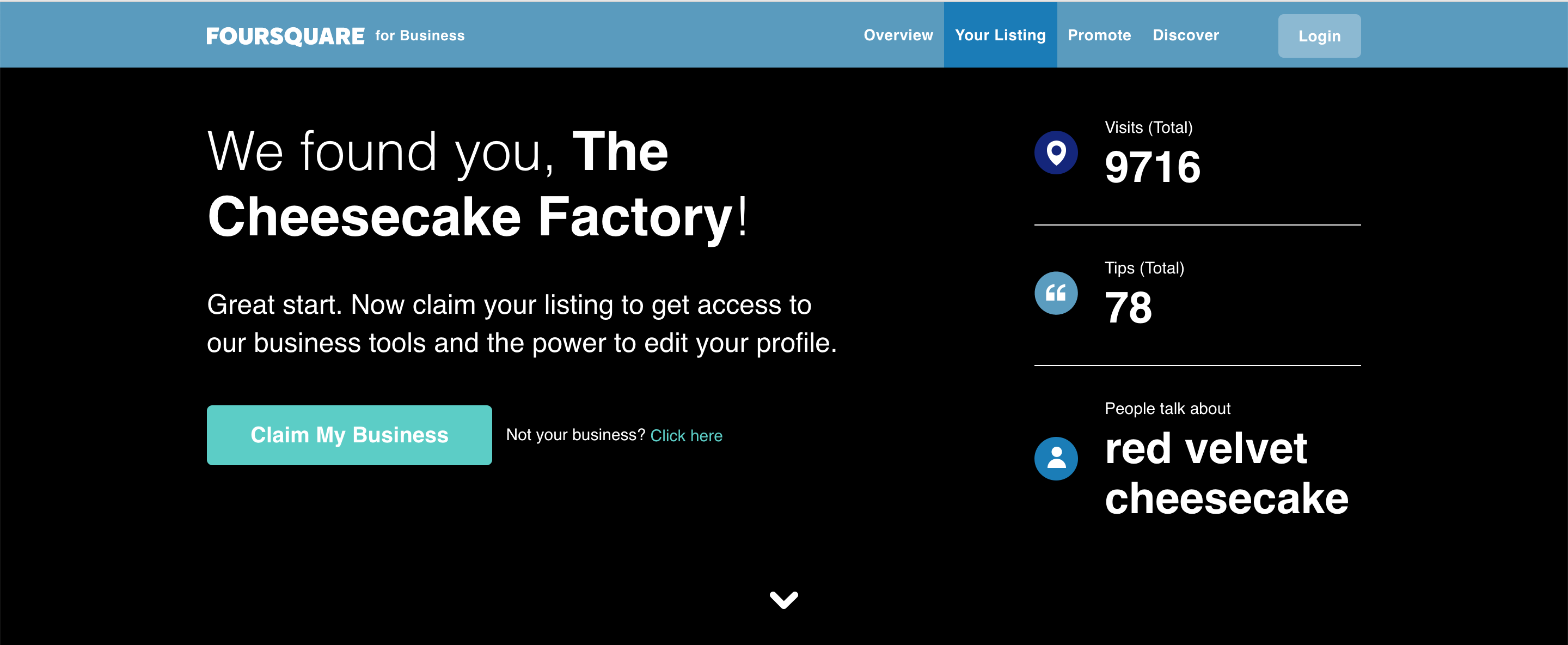
2. Trusted Links
Boosting your site’s SEO and rankings is a nice byproduct of having your business listed in an online directory. Online directories are trusted sources and are typically high-ranking sites, themselves.
Adding your link to an authority site seems like a no-brainer, especially if it means improved visibility and reach, and the possibility of improved SEO and site rankings.
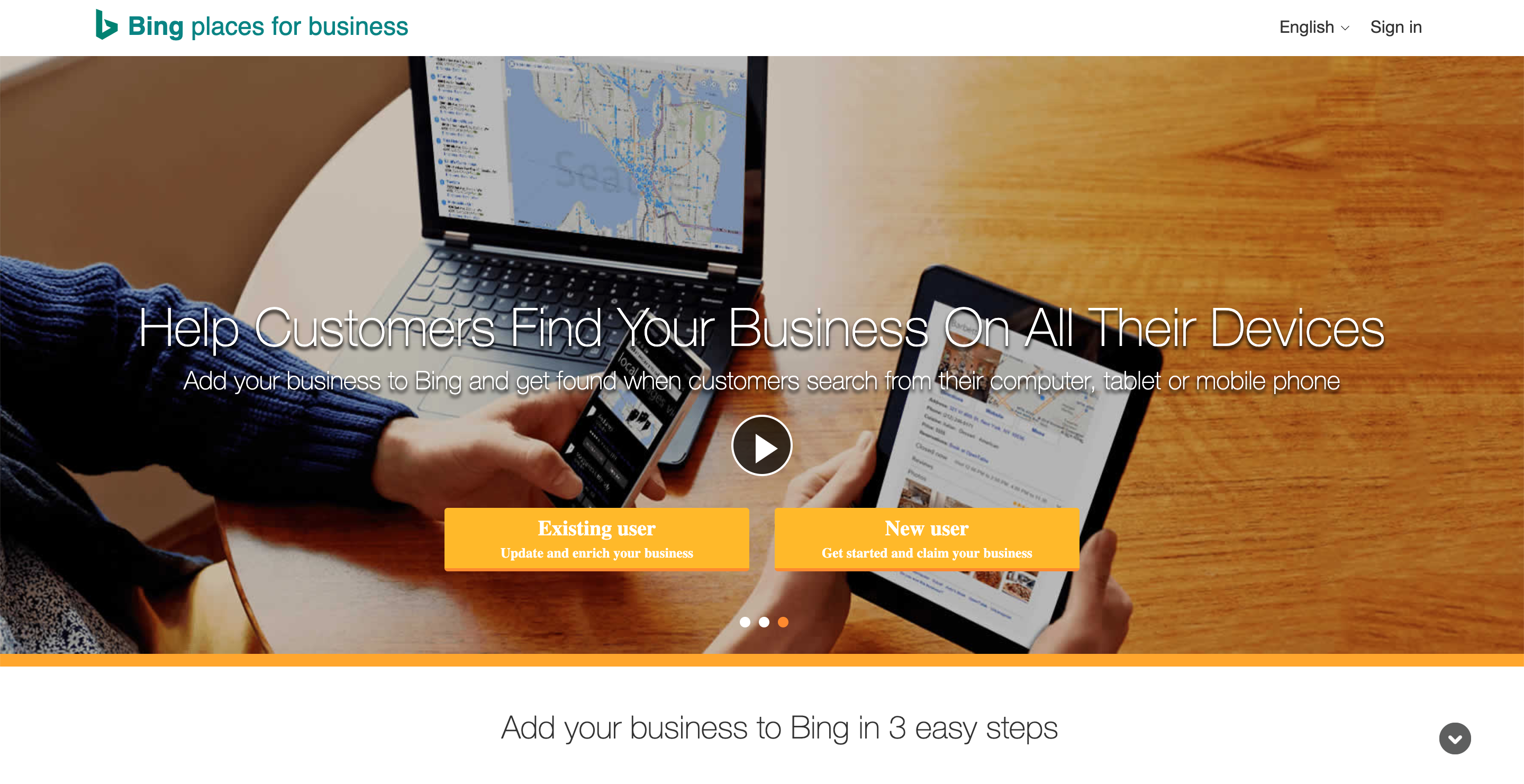
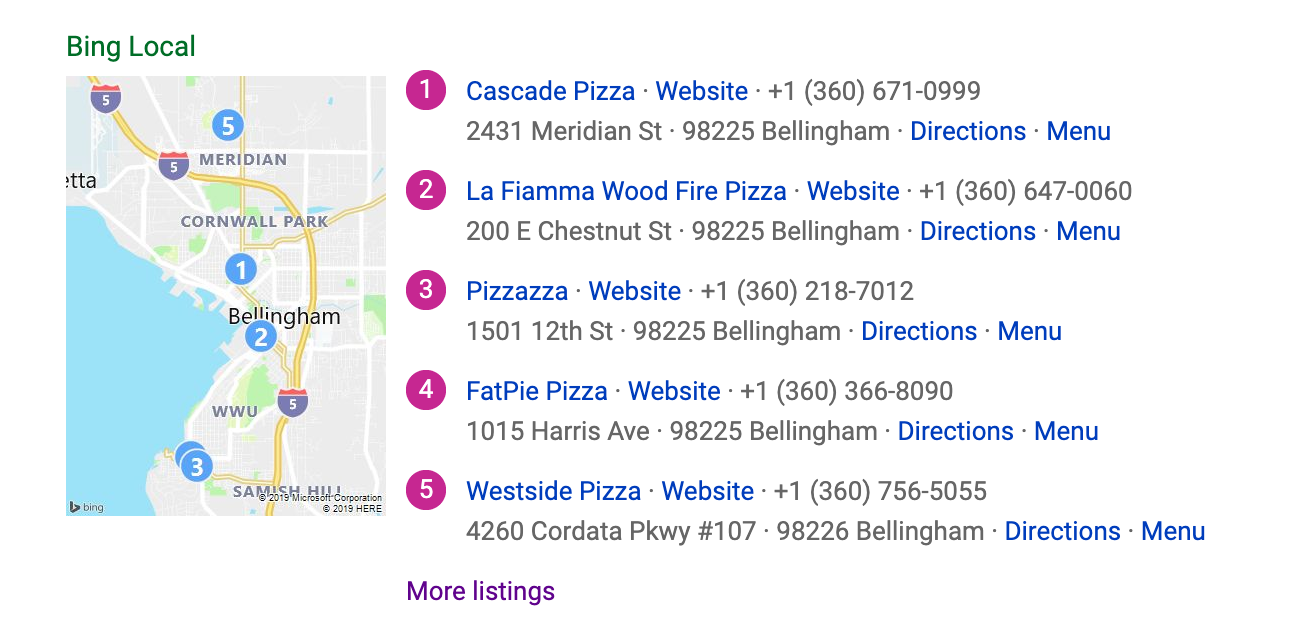
3. Cost-Effectiveness
Many online directories – for example, Bing Places, Yelp, and Foursquare – allow businesses to submit their information to their index for free. Some online directories, on the other hand, do charge a listing fee.
It may be worth it to add your business information to a paid directory, though. After all, trusted, high-authority links are a marketing investment.
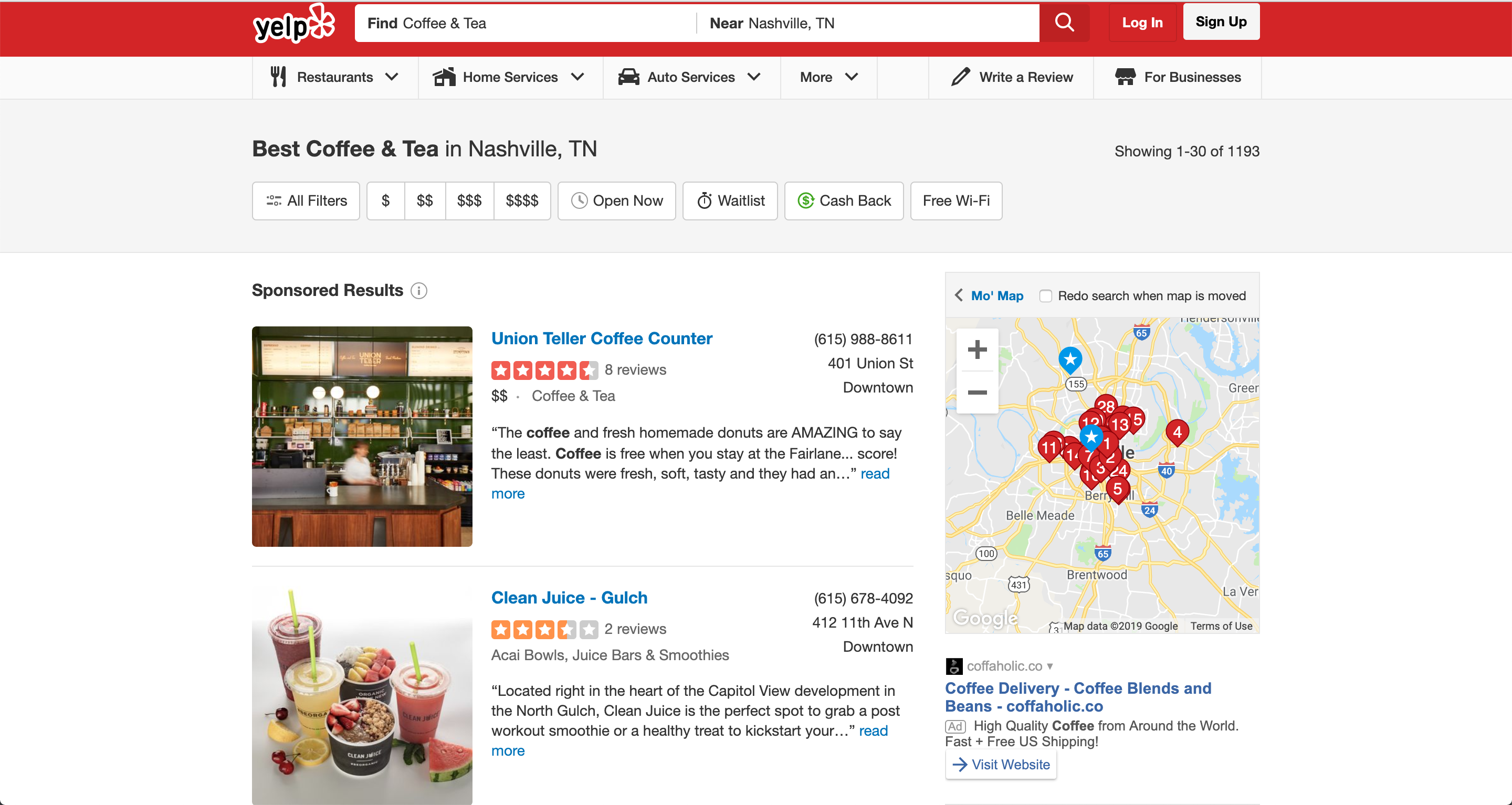
3 Ways to Find the Right Directory for Your Business
There are many types of online directories out there. For example, you can find general directories, business listings, local listings, and niche directories.
Choosing the directory – or directories – that you want to be listed on isn’t like throwing spaghetti against the wall and seeing what sticks.
As with all other marketing tactics, you need to have a strategy for link building on web directories.
Here are a few things to consider when you’re developing your strategy:
1. Relevance
Relevance – and reaching your target audience – is crucial to getting the most out of an online directory. Relevance is also a factor that search engines consider when they crawl sites.
Are you a travel agency in Texas who specializes in road trips within the continental U.S.?
Then don’t add your business to a listing for international travel sites.
It isn’t relevant, you won’t reach your target audience, and even if someone clicks on your link, they’ll only be frustrated to find that you don’t offer international travel services.
If you’re not an international travel business, you don’t want search engines to associate your website with international travel. And yes, that can hurt SEO!
Choose a directory that is relevant to your niche, and the chances of reaching your target audience and boosting your SEO will be much higher.
2. Domain Authority
When you’re deciding between online directories, consider domain authority.
It can be more helpful to get an inbound link from a site with high domain authority (but not always – learn more in The Truth About Domain Authority: What Every SEO Needs to Understand).
You can check whether you’re listing your business on a trusted, well-established directory by checking the domain authority using a tool like Ahrefs, Alexa, or Moz.
The higher the domain authority of a website, the more likely it is to rank on SERPs. So, shoot for the stars.
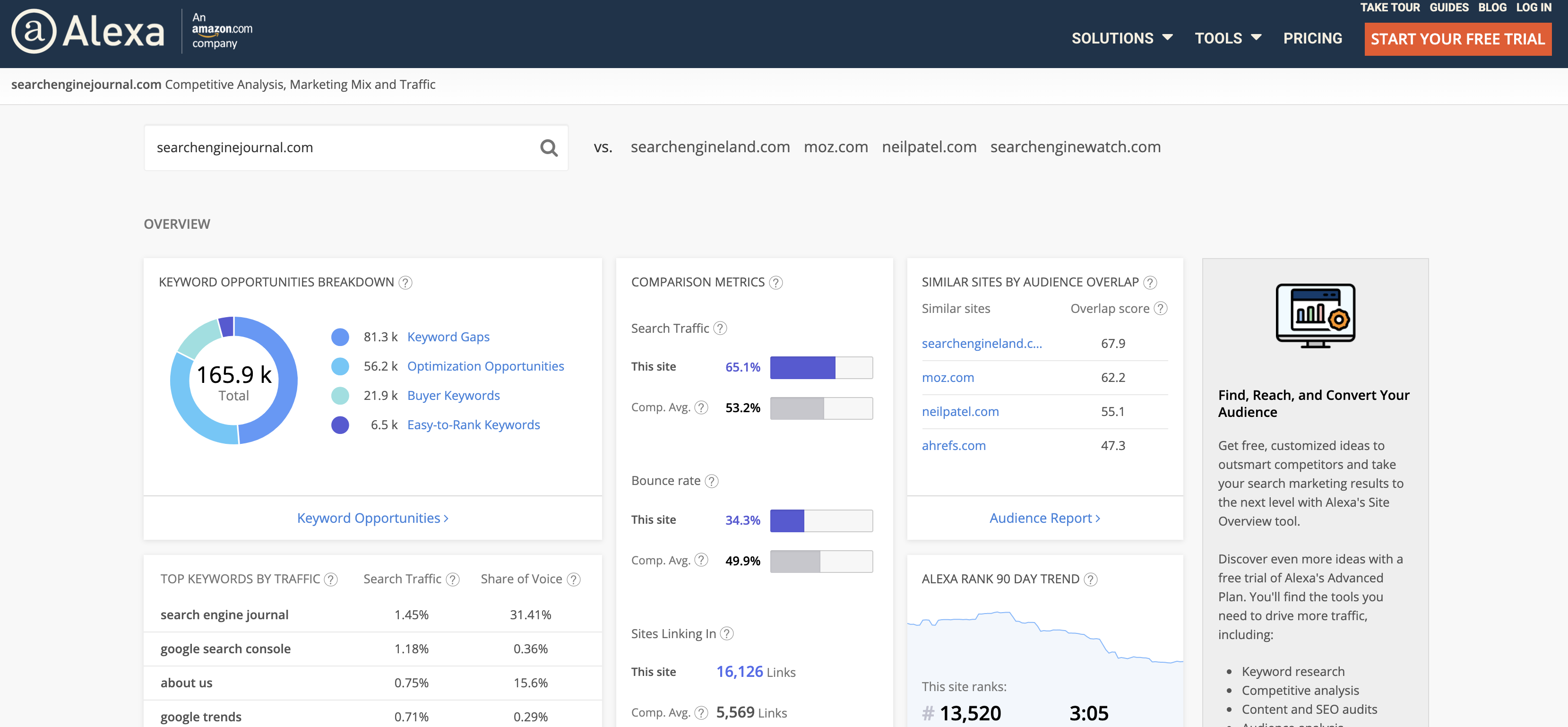
3. Find the Right Features
Some online directories go into more detail than others, and it’s up to you to decide whether you want a simple NAP+W listing (name, address, phone, and web URL), or a listing that features photos, reviews, and ratings.
For the sake of reaching your target audience, taking advantage of directories with more features will be worth the extra effort.
By listing your business on a directory with added features, you’ll encourage your customers to provide feedback and ratings as well, which is helpful to boost site authority and SEO.
Stay Consistent
No matter which online directory you choose, the key is to stay consistent with your information and updates.
If you list your business on more than one directory, make sure that every bit of information – down to the last detail – is accurate, on-brand, and consistent across each listing.
Not only is this crucial to the success of your link building strategy, but it’s also important for the reputation of your business.
While the use of web directories may be easy to overlook in favor of other, “sexier” marketing trends, listing your business on a relevant online directory is one of the best – and easiest! – things you can do for your business and website.
Summary
Timeframe: Month 1-3
Results detected: 4-12 months
Avg directories per month: 6
Tools:
- Relevant web directory
- Domain authority checker (e.g., Ahrefs, Alexa, Moz)
Benefits of directories:
- Targeted and relevant reach
- Inbound links from trusted, high-authority sites
- Cost-effectiveness
Image Credits
Featured Image: Paulo Bobita
All screenshots taken by author
